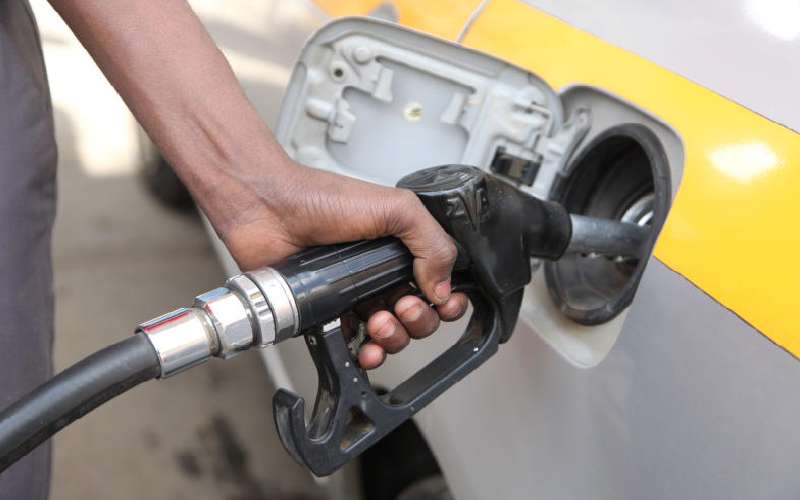×
The Standard e-Paper
Fearless, Trusted News

Oil marketing companies want the Government to protect them by allowing them to sell fuel at high prices despite the crash in crude oil prices in March.
In a letter to the Government sent by the Supply Coordination Committee (SupplyCor), the oil marketers want the regulator, the Energy and Petroleum Regulatory Authority (EPRA), to compute the prices for May and June based on crude oil prices for February and March when prices were higher.